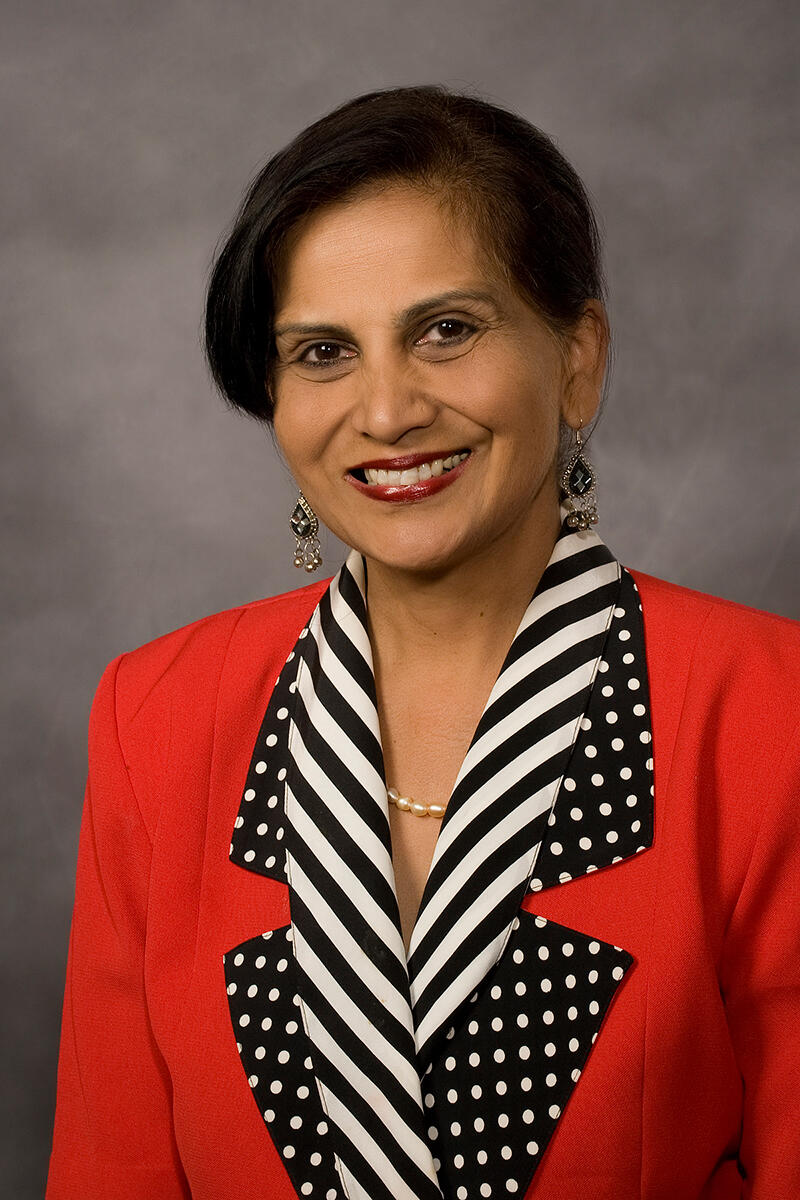Dec. 8, 2015
Good mental health during the holidays means slower pace, lower expectations and forgiveness
Share this story

On the surface, the holidays appear festive, fun and full of wholesome fellowship with family and friends. Beneath the surface, however, the holidays can be a different story.
Statistics from an American Psychological Association study show that 26 percent of people feel lonely and sad during the holidays, while 38 percent of people say the holidays increase their stress levels. Additionally, during the winter months when days are characterized by less sunshine, seasonal affective disorder is a factor in mental health. An estimated 10 to 20 percent of people are affected by this condition, which hampers mood and causes depression and lack of energy during the holiday season.
Still, there are ways to minimize the pressure the season puts on those who may struggle with anxiety and depression. Virginia Commonwealth University Health experts say that although the holiday season may come with added pressure, there doesn’t have to be additional angst.
Generally, people have unrealistic expectations and they feel pressured to produce the perfect holiday.

“Generally, people have unrealistic expectations and they feel pressured to produce the perfect holiday,” said Janet Abraham, clinical social worker in VCU Women’s Health at VCU Health. “Fatigue can be an issue because you’re going 24 hours trying to get done the last things on your ‘to do’ list. Or, some people equate abundance with having a good holiday, which brings on financial concerns or worries. Thus, we are overcommitted and try to meet expectations others have set. Find pleasure in the small things and stop evaluating.”
A lack of family or the loss of a loved one, or being around family members who may be emotionally challenging or combative, can also trigger depression during the holidays. To combat this, Abraham suggests being mindful of who you spend time with and purposeful about what you enjoy.
“Spend time with your family of choice. Reach out, volunteer to those in need. Generosity is a natural way to feel really good about ourselves,” she said. “Take whatever out of what you're doing that brings you joy.”

Everett Worthington, Ph.D., Commonwealth Professor of psychology in the College of Humanities and Sciences, agrees that focusing on others helps, too.
“Reducing stress during the holidays involves practicing forgiveness, gratitude, generosity and love,” he said. “The key to all of these is to cultivate a humble, other-oriented heart.”
Societally, the frantic and commercial qualities of the holidays are also cause for concern. Recent national tragedies such as the attacks in Paris and San Bernardino, California, can cause additional distress and wariness about safety—especially because so many people travel during the holidays.
Children are particularly vulnerable to feelings of loss and tragedy during the holiday season, but affirmation is key, said Bela Sood, M.D., psychiatry and pediatrics professor and senior professor of child mental health policy in the VCU School of Medicine.

She suggests adults take the time to work through their feelings before addressing issues with children.
“Examine your own feelings first. Then you will be able to reassure children and respond in a useful fashion,” she said. “Children don’t need to be exposed to all of the violent images, depending on how old they are. If they are going to get the information, let it be from someone who is the closest to them.”
Establishing good communication is also important with children, Sood said.
“If there have been parental losses of some kind, those affect how children are viewing the holidays, too,” she said. “Guardians should create an environment where validation and expression of feelings are allowed. It can be very cathartic to remember family who may not be here physically. Every family has their way of dealing, but the environment should be such that it allows for that expression.”
Family can help those who struggle with mental health during the holidays by offering their time, inviting a loved one to get out of the house or sending a holiday card or note, experts said. In all, preparation for the bumps in the road and making choices that support your mental health are the best ways to minimize holiday drama and manage it when it comes.
“Stop expecting perfection and the fantasy that everything is going to be perfect,” Abraham said, “so you’re not crushed if outcomes aren’t how you plan them.”
Subscribe to the weekly VCU News email newsletter at http://newsletter.news.vcu.edu/ and receive a selection of stories, videos, photos, news clips and event listings in your inbox every Thursday.
Subscribe to VCU News
Subscribe to VCU News at newsletter.vcu.edu and receive a selection of stories, videos, photos, news clips and event listings in your inbox.













